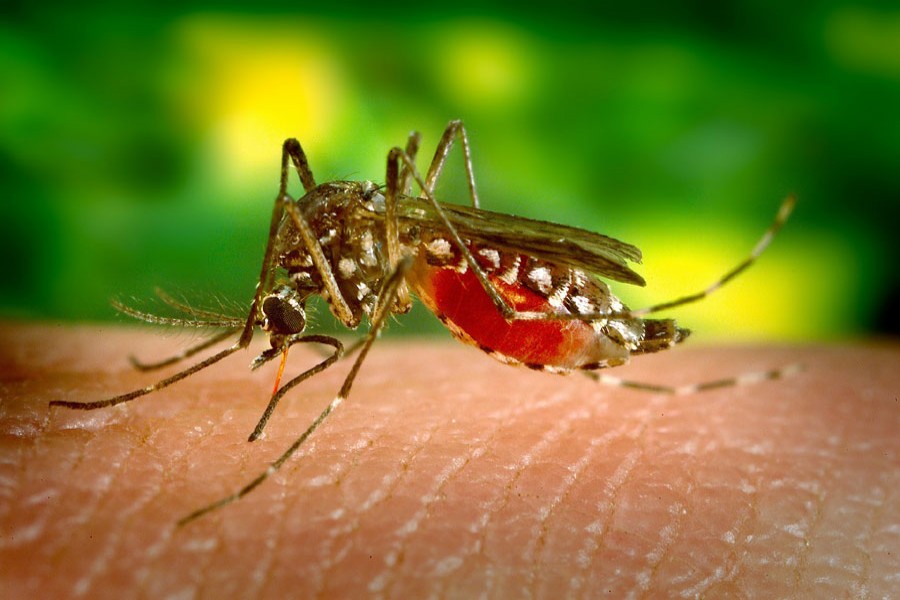In a previous piece, this scribe had argued that Davos might become the next UN. This partly because of its failure in a number of areas where it has deposed funds and always cried wolf over shortages. Much of the credit for bringing the Ebola virus pandemic under control goes to the promptness with which a majority of US microbiologists came together to collaborate with the World Health Organisation (WHO). The story was never told in as much detail as should have been because it might have spurred governments into being more proactive. Now that the US government has declared it will downsize its funding of preemptive work at the Centre for Disease Control and Prevention, it would appear that the Coalition for Epidemic Preparedness Innovation (CEPI) set up in January last year, could be taking the leadership mantle away from the Americans. It was formed with representatives from governments, Norway, Japan, Germany, the Bill and Melinda Gates Foundation. The Wellcome Trust. Belgium, Canada and Australia have also joined the group raising aggregate financial commitments to $625 million of the $ 1.0 billion.
Health focus has usually been on creating vaccines for known diseases. That's why pharmaceuticals aren't interested in making vaccines for epidemics that don't exist. For sure, no business invests in creating the unknown, hence an organisation such as the CDC. In another way, CEPI's success lies in public-private partnership (PPP). Those who are members watched in awe at the MERS syndrome that hit the Middle-East and the $10 billion dollar hit that the South Korean economy took.
The facts and figures, taken from the DevEx reporting, doesn't say it. It doesn't have to be about Bangladesh, now being at great risk from mosquito-based diseases; the most recent one on this count is Chikungunia. Thankfully, it wasn't a new virus but a surprise returnee. As always these are spread by humans coming in contact or carrying the insects to new countries. Over the next five years vaccine candidates will work on three known Strains, Lassa fever, Nipah and MERS. Critics bemoan the absence of Zika and Spanish flu, and are more amenable to focusing CDC labs in 39 countries with poor medical bases.
In the past year or so a swirl of viral diseases have swept Bangladesh and anti-biotics were the way out. Chikungunia is a no-no for antibiotics. It has to be there that the properly equipped, trained professionals can advise the government and let the CEPI formula of PPP really get down to work. The medical services are criticised for their focus on business rather than treatment coming first. That's why the exemplary model of Shankar Netralaya should be a learning destination. They're good, caring, put the patient first and have funds for locals that are underprivileged. Their staff for mundane routines are drawn from retired locals who are happy to be active rather than rot at home and emails are promptly responded to.
The Americans have withdrawn from the UNESCO and the International Organisation of Migration (IOM). Cuts in CDC work point towards massive overhaul that someone must lead.


